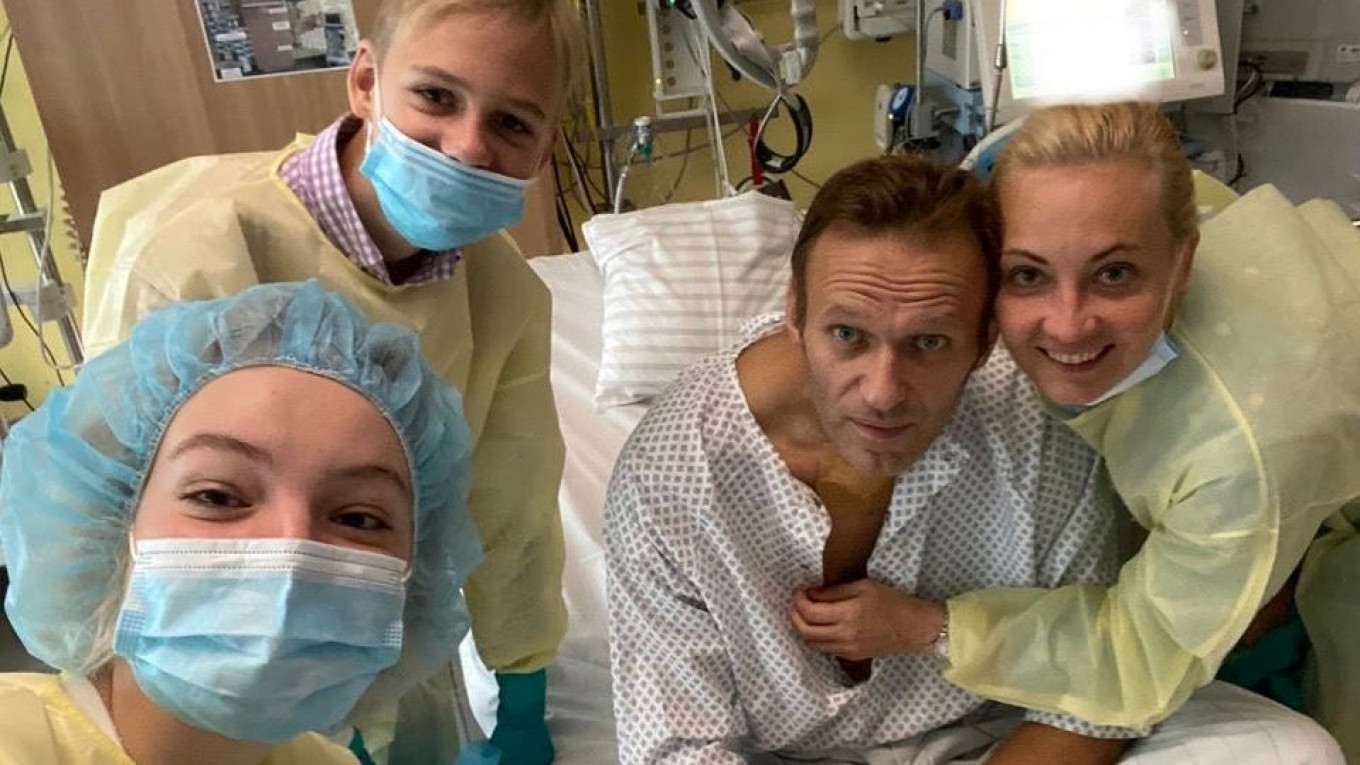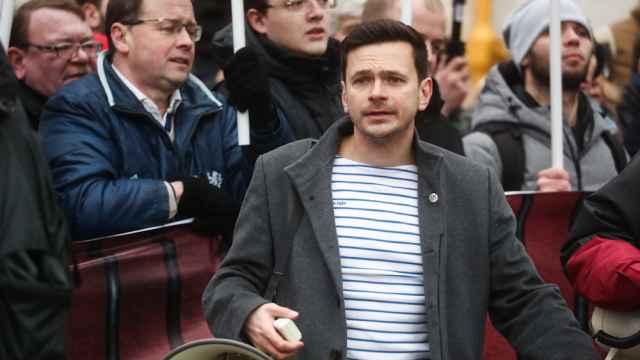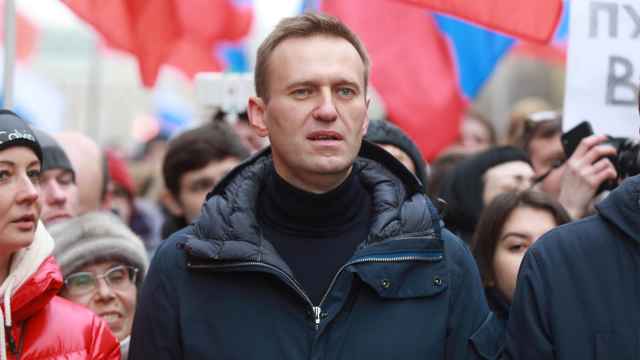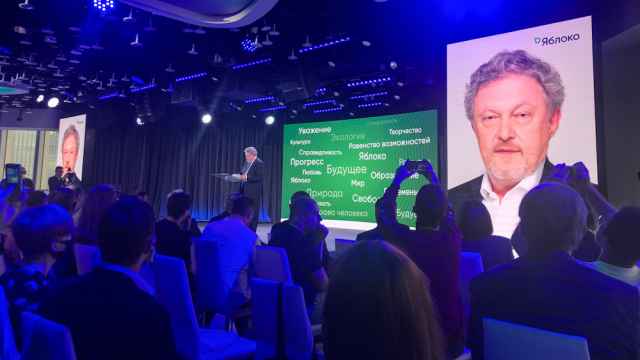Kremlin critic Alexei Navalny has been discharged from hospital after more than a month of treatment in Germany for his near-fatal poisoning with Novichok, Berlin’s Charité hospital said Wednesday.
Navalny, 44, was flown to Germany two days after falling violently ill on a flight in Siberia on Aug. 20. Germany says it has evidence backed by French and Swedish scientists that the fierce critic of President Vladimir Putin was poisoned by a Novichok nerve agent, while Russia denies that he was poisoned.
Charité said Navalny was discharged from inpatient care on Tuesday after 32 days of treatment, 24 of which were spent in intensive care.
“Based on the patient’s progress and current condition, the treating physicians believe that complete recovery is possible,” the hospital said.
Charité reiterated its previous assertions that “it remains too early to gauge the potential long-term effects of his severe poisoning.”
Following the news of his discharging Wednesday, the Kremlin said Navalny is free to return to Moscow, "like any other Russian citizen."
In keeping with the Kremlin's tradition of not using Navalny's name, spokesman Dmitry Peskov said he would welcome news that "the patient really is getting better," and wished him "a speedy recovery."
Russia maintains that Navalny was not poisoned but either had a metabolic disease or low blood sugar.
When urged to investigate the Aug. 20 incident, Russian officials complained that Germany hadn't shared its findings and that Navalny’s aides took potential evidence out of the country.
AFP contributed reporting.
A Message from The Moscow Times:
Dear readers,
We are facing unprecedented challenges. Russia's Prosecutor General's Office has designated The Moscow Times as an "undesirable" organization, criminalizing our work and putting our staff at risk of prosecution. This follows our earlier unjust labeling as a "foreign agent."
These actions are direct attempts to silence independent journalism in Russia. The authorities claim our work "discredits the decisions of the Russian leadership." We see things differently: we strive to provide accurate, unbiased reporting on Russia.
We, the journalists of The Moscow Times, refuse to be silenced. But to continue our work, we need your help.
Your support, no matter how small, makes a world of difference. If you can, please support us monthly starting from just $2. It's quick to set up, and every contribution makes a significant impact.
By supporting The Moscow Times, you're defending open, independent journalism in the face of repression. Thank you for standing with us.
Remind me later.






